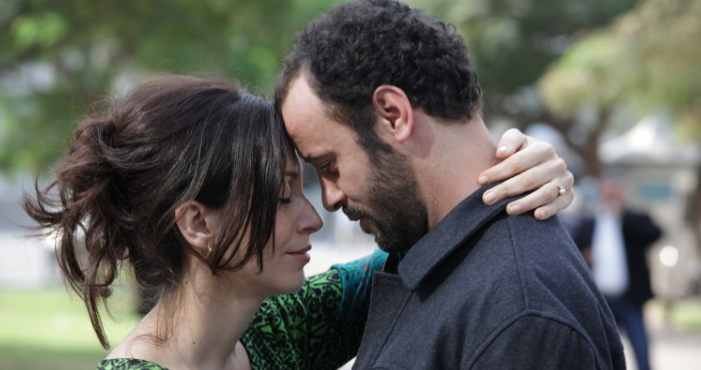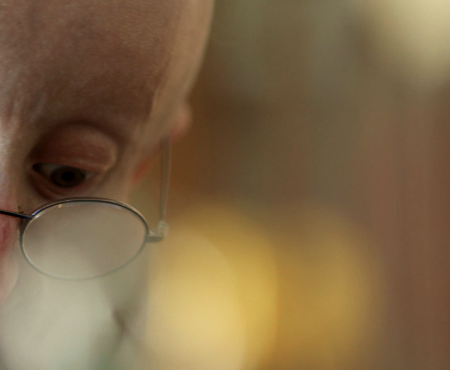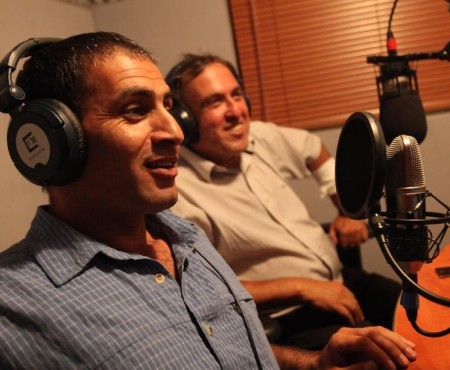The titular attack in Lebanese filmmaker Ziad Doueiri’s The Attack seeks to expand the scope of moral conscience in modern-day Israel. For all intents and purposes, the calibrated efforts to make this film a provocative and insightful commentary on suicide bombers and those they leave behind is uniformly slight and simplistic. Adapted from a novel by Yasmina Khadra, The Attack is tonally all over the board in what it seeks to accomplish. Carrying on as a thriller, procedural and drama doesn’t quite fit here, with the end result being one of small human stakes and obvious moral ambiguity.
As the film opens, we’re introduced to a successful Arab surgeon named Amin (Ali Suliman) living in Tel Aviv. Amin is highly regarded in his field, and has earned himself a prestigious award. On the night of the ceremony, he receives and dismisses a call from his wife Siham (Reymond Amsalem) on account that he’s about to accept his award. The following day, a bomb explodes in the city killing seventeen children, and it’s eventually revealed that Siham was one of the victims.
Where The Attack begins to falter is when the point of view shifts back to Amin and his now sullen quest for truth and clarity. The film hints at intrigue when it introduces the idea that Siham was indeed the suicide bomber. The narrative instantly begins to suggest that it played better on the page as Amin begins to deny the news, while also questioning the true identity of his wife. The foundation for the drama is explicitly laid out, one where Amin must dig deeper and deeper to try to find some reason why his wife was easily targeted and manipulated. But Doueiri complicates matters with the perfunctory protagonist; there’s essentially no gravity to be found here as Amin’s pursuits and inner turmoil are depicted as nothing more than a failed stab at complexity and tragedy.
There are brief glimpses of a relationship and love worth caring about, however small and fleeting they are. Doueiri employs flashbacks between Amin and his wife that attempt to bring some tangible resonance and scale to the proceedings. Intimacy, memory and questioned identity all bleed into one dejected protagonist who can’t quite do the heavy lifting that the screenplay calls for. Suliman is very much okay, but his actions and mannerisms sadly aren’t tailored for Doueiri’s film.
Aside from its minimal functionality as a drama, The Attack’s political agenda remains reclusive by occupying a safe gray area: is Doueiri partially siding with Siham and her role as a freedom fighter? If so, this doesn’t necessarily make Amin’s character all the more interesting. The realities on display here are portrayed as food for thought rather than incisive inquiries into modern human complexity and conflict. There’s a ton of baggage present in The Attack, none that we haven’t seen before, but the mystery and nuance is far too elemental to leave a lasting mark.
Grade: C




















3 thoughts on “From SFJFF: ‘The Attack’ Is a Middling and Familiar Depiction of Politics and Love”
Pingback: San Francisco Jewish Film Festival: The Attack | serene cinema
Pingback: San Francisco Jewish Film Festival: 'Within the Eye of the Storm' | Movie Mezzanine
Pingback: http://www.reddit.com/r/clashofclans2015/